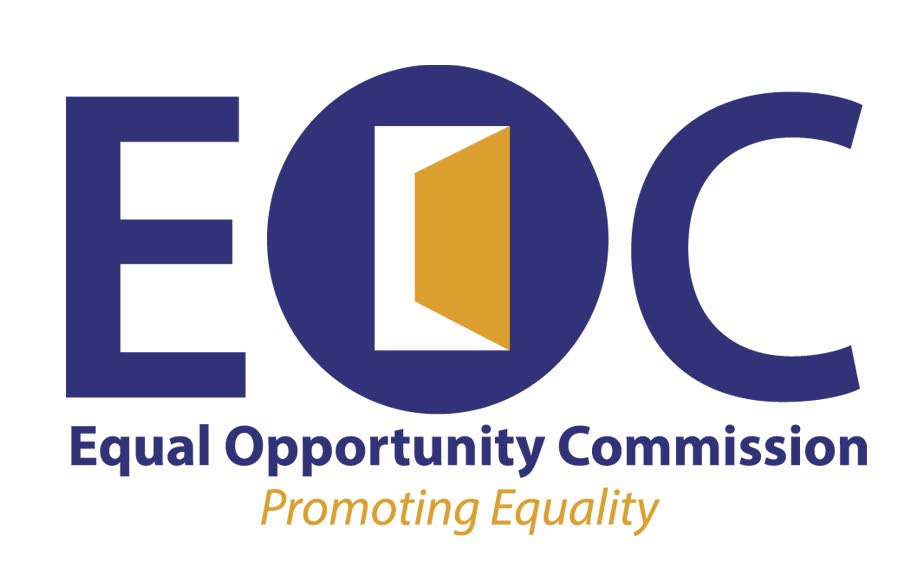Bark and bite of the act

THE EQUAL Opportunity Act empowers the Equal Opportunity Commission (EOC) to resolve discrimination matters fairly and impartially and, further, escalate a matter if there is no resolution or non-compliance. In some instances, consequences for non-compliance can hit an individual or a company in the pocket. In today’s column, we will explore three ways in which the act has both bark and bite in its pursuit of equality of treatment for all.
Conciliation
In a previous column, we looked at conciliation services; a mediatory type of process which is a form of alternative dispute resolution (ADR). As the name suggests, ADR brings together the alleged discriminator and the aggrieved person to discuss the issue and come to a solution.
There are many benefits to conciliation including avoiding long, drawn-out and costly procedures associated with litigation. For companies/organisations, it can mean resolving the issue without the matter being exposed to the public. Also, conciliation services at the commission are free of charge. In many ways, conciliation is an opportunity to right a wrong and amicably settle a matter.
Sanctions
When the commission serves a conciliation notice for the alleged discriminator and aggrieved to attend conciliation, both parties must comply. The act imposes sanctions for failure to comply with a conciliation notice. Any person who, without any reasonable excuse, refuses or fails to comply with any notice issued to attend a conciliation hearing can be brought before the Magistrates’ Court and is liable on summary conviction. The penalty is $1,000 for an individual and $5,000 for a body corporate for each day the party does not respond to the notice.
If parties arrive at a settlement during conciliation, this arrangement will be made in writing and registered at the Equal Opportunity Tribunal. The agreement shall be deemed as an order of the tribunal and parties can be prosecuted for one or more breaches of any such order.
If there is no resolution at conciliation, the commission, pursuant to its powers under the act, prepares a report on the investigation of that complaint. This report, often called a “report for publication,” will encompass a comprehensive account of the investigation and, once prepared and approved by the Board of Commissioners, is subsequently forwarded to all parties involved in the complaint. The commission will then publish the report and make it available for public inspection.
Thereafter, with the consent of the complainant, the commission will initiate proceedings before the tribunal. At this stage, the matter is no longer within the remit of the commission. Crucially to note, evidence of anything said or done in the course of conciliation proceedings is not admissible in proceedings before the tribunal.
Equal Opportunity Tribunal
The Equal Opportunity Tribunal is the second institution established by the act and is an independent and distinct institution from the commission. It is a superior court of record and has jurisdiction to hear and determine complaints referred to it by the EOC. That is, if a matter is not resolved at conciliation it can be referred to the tribunal.
The tribunal comprises a judge with status equal to that of a High Court judge and who is commonly referred to as the chairman. There are also two lay assessors attached to the tribunal. The tribunal can award the payment of compensation, damages, or fines. Sometimes in the media we see judgments coming out of the tribunal where the complainant is awarded more than $100,000 in damages.
Unlike the other courts within Trinidad and Tobago, an individual cannot access the services of the tribunal unless a complaint was initially lodged with the commission and was investigated and determined best suited for adjudication by the tribunal.
To find out more about your right to equality of treatment, visit the EOC’s website at www.equalopportunity.gov.tt

Comments
"Bark and bite of the act"